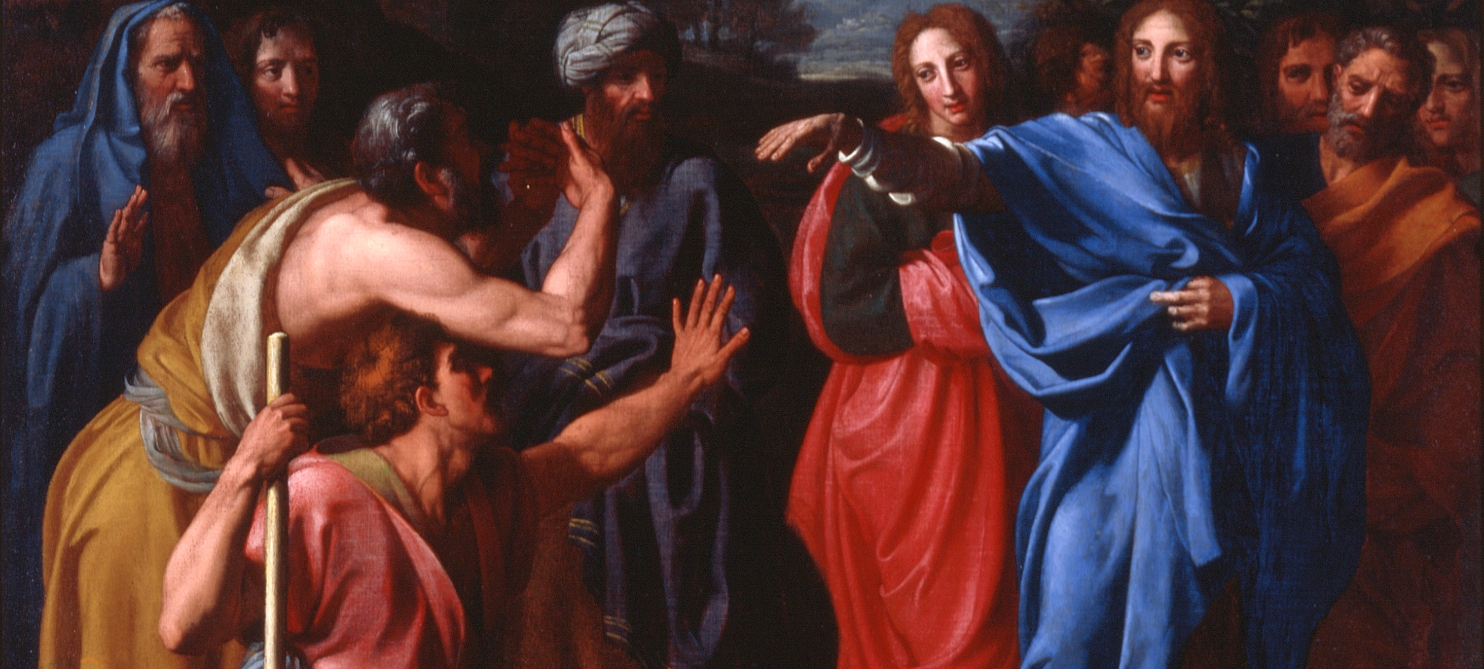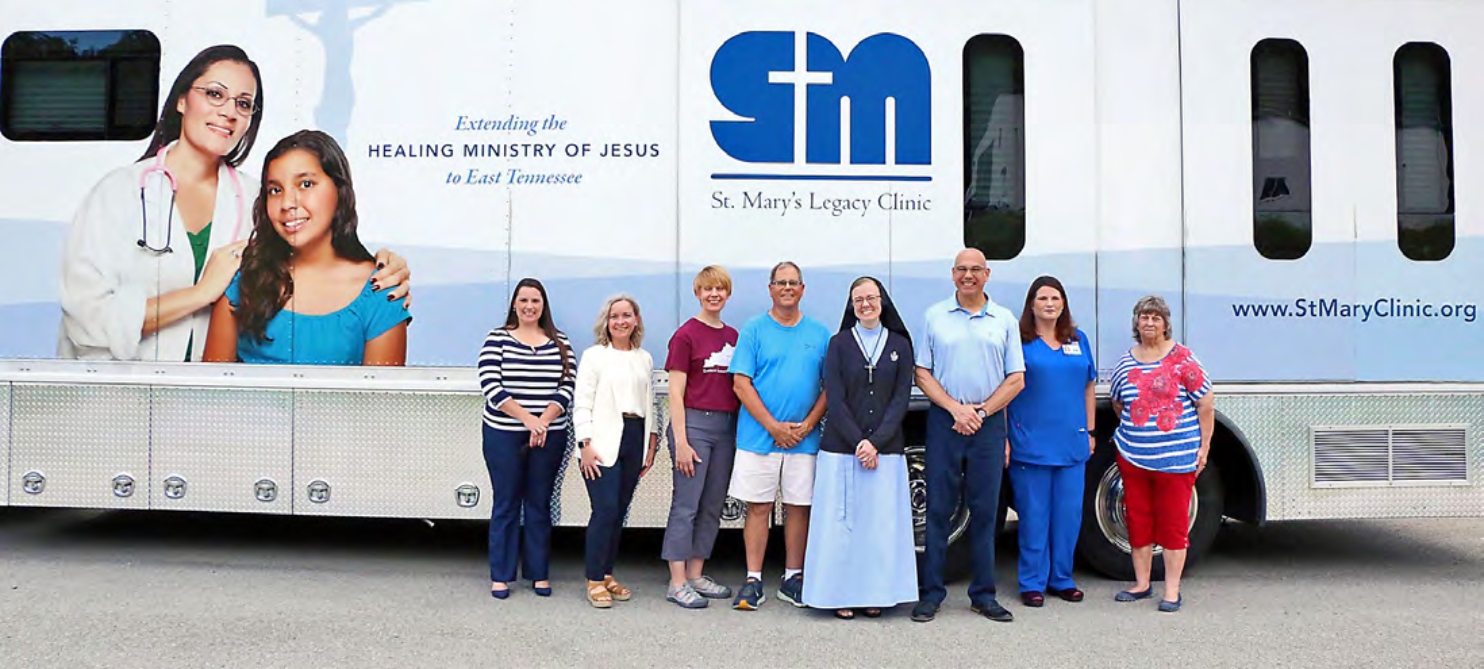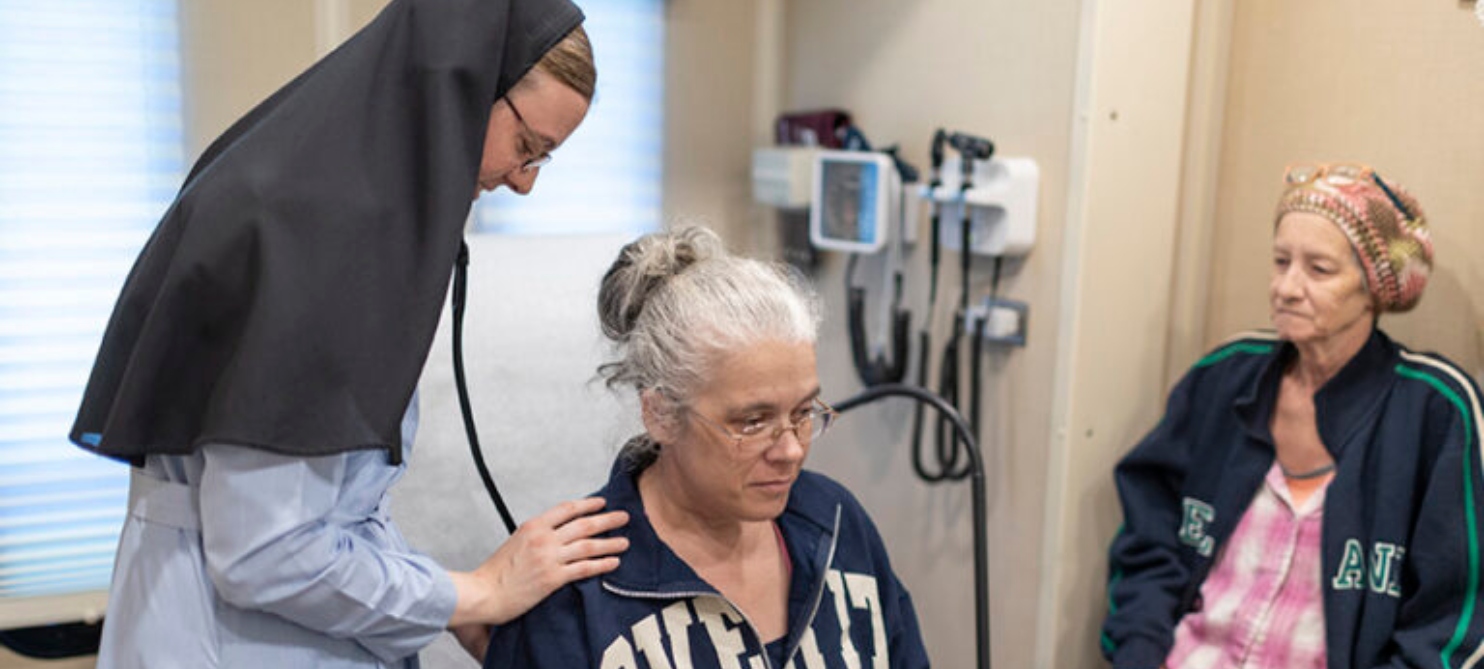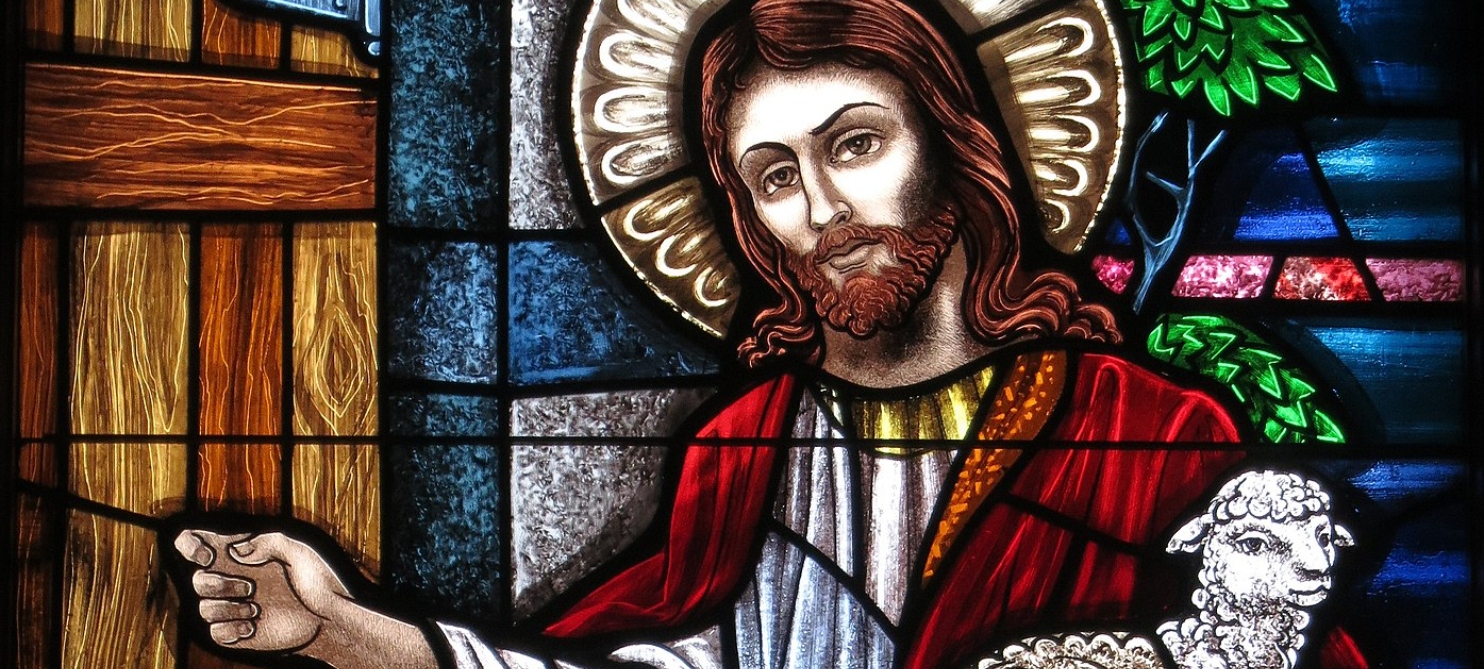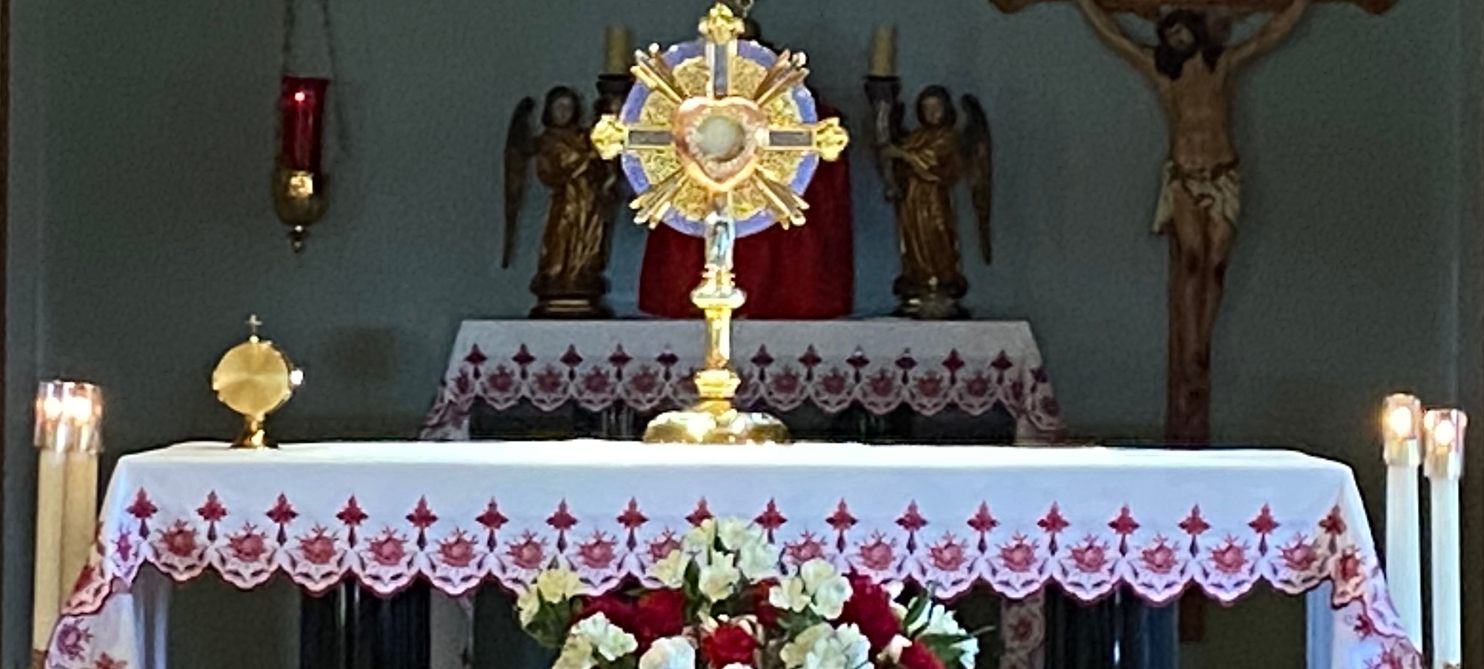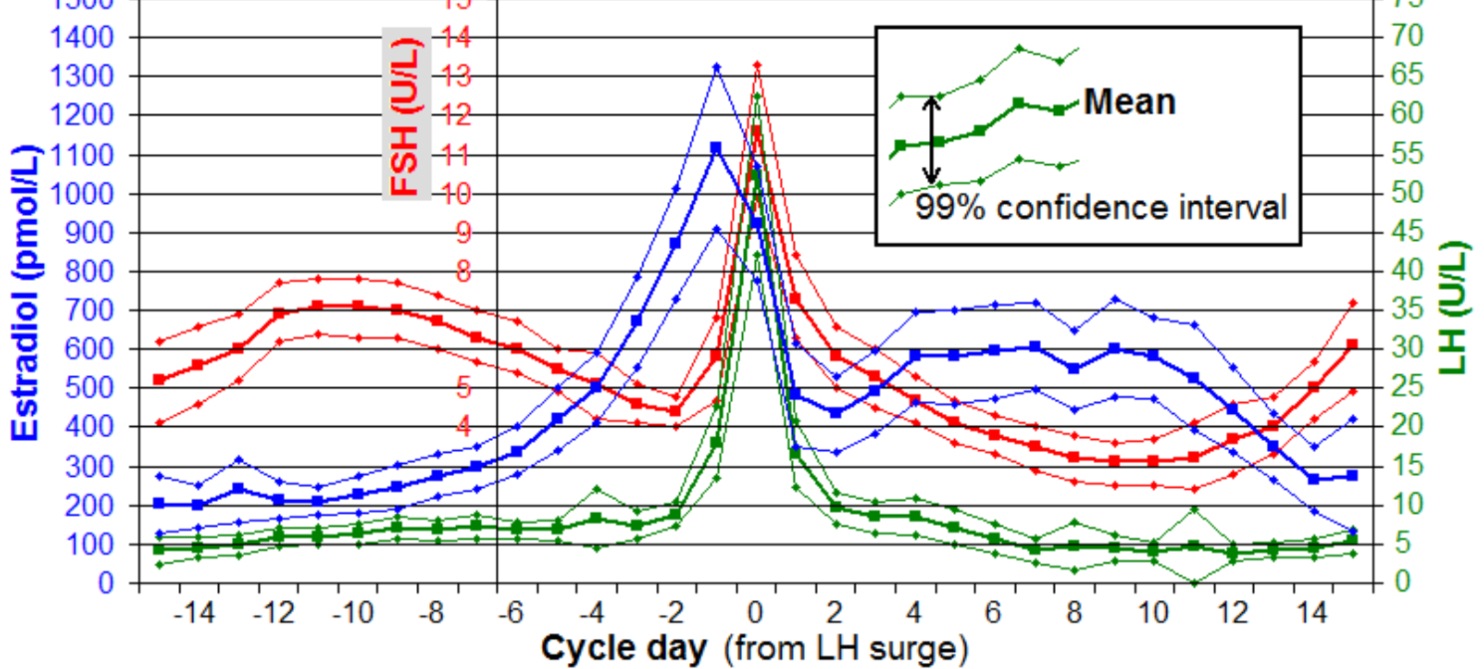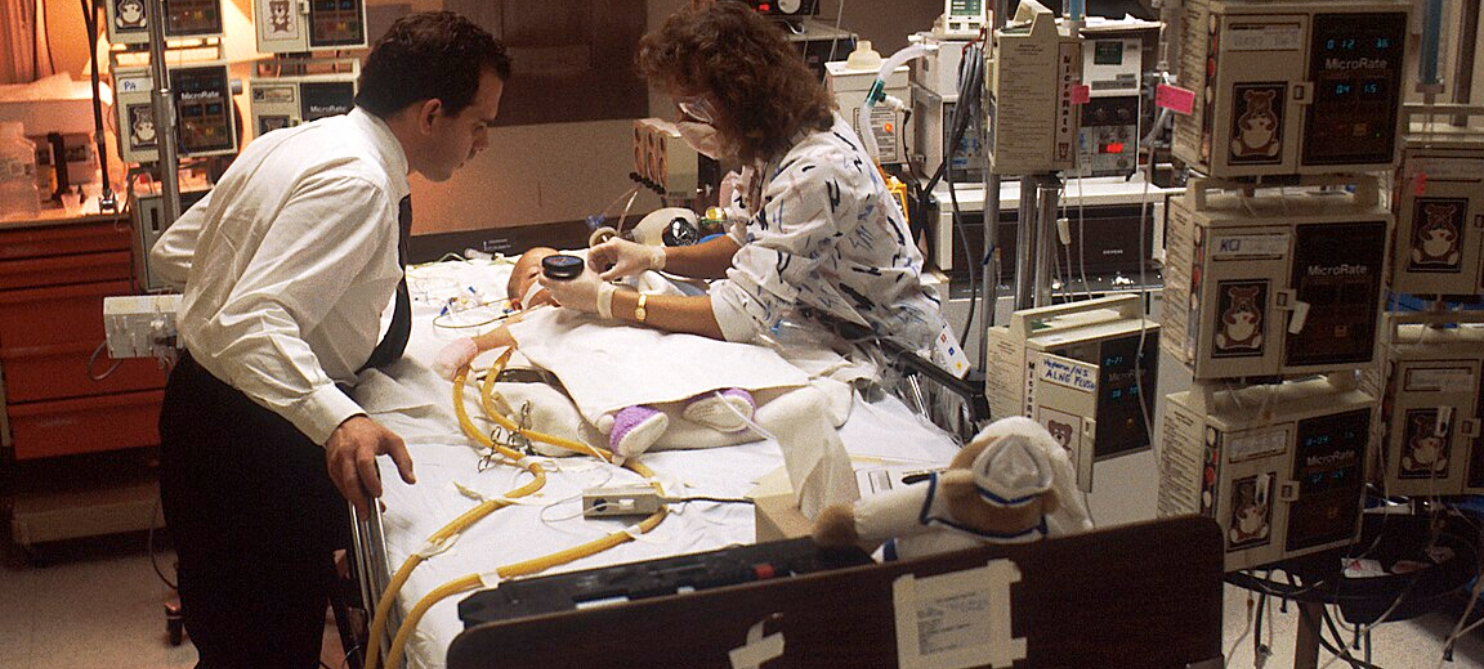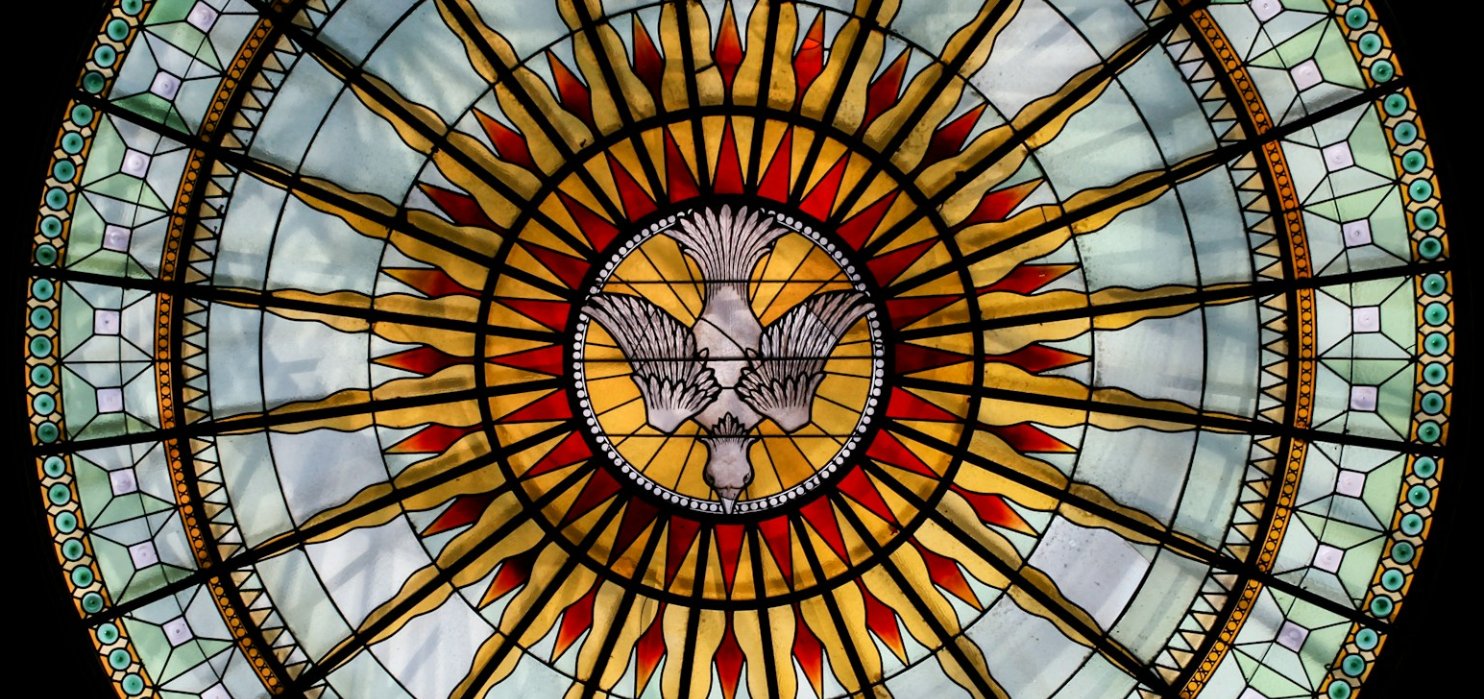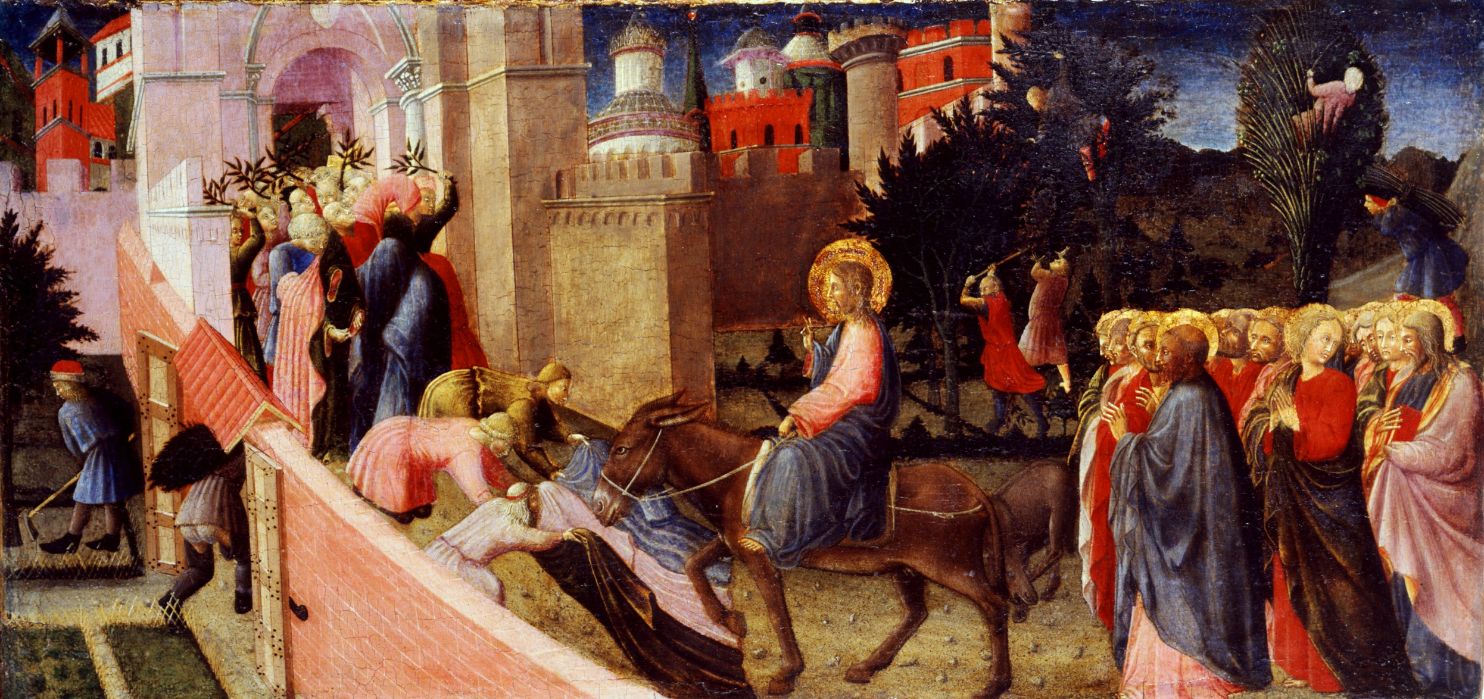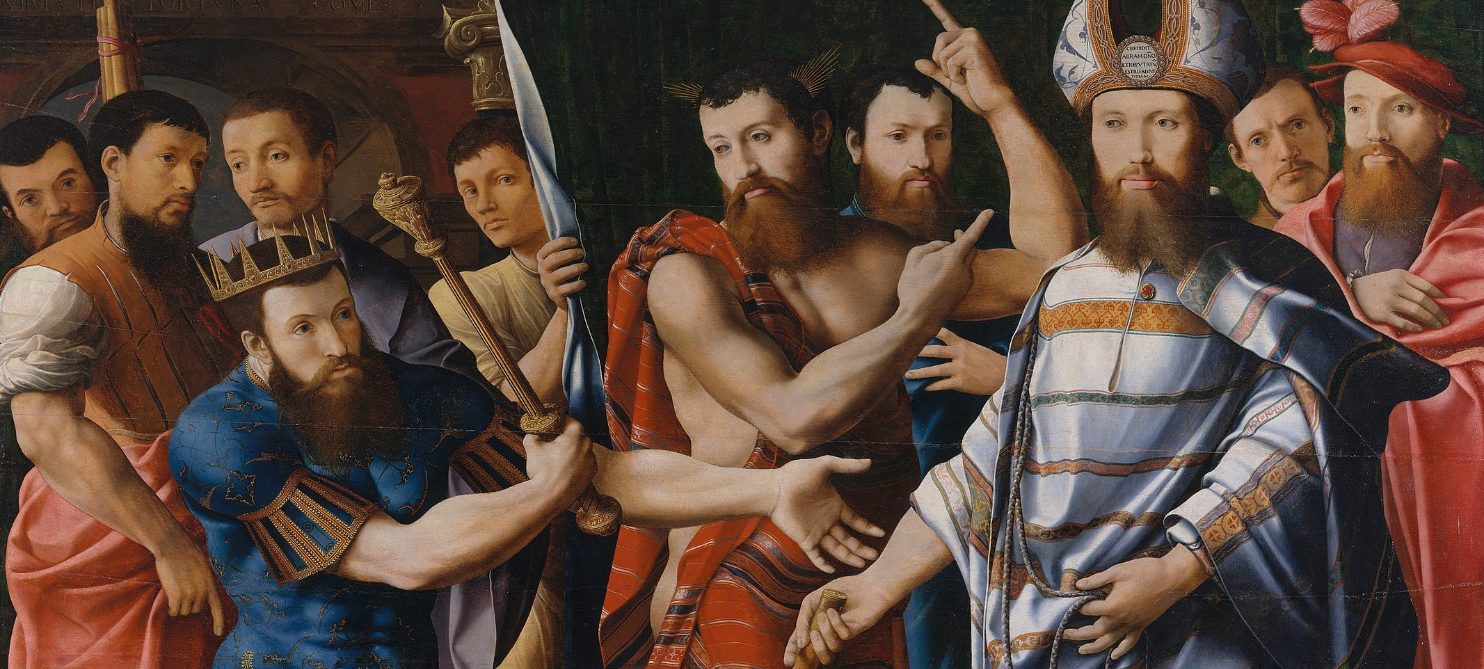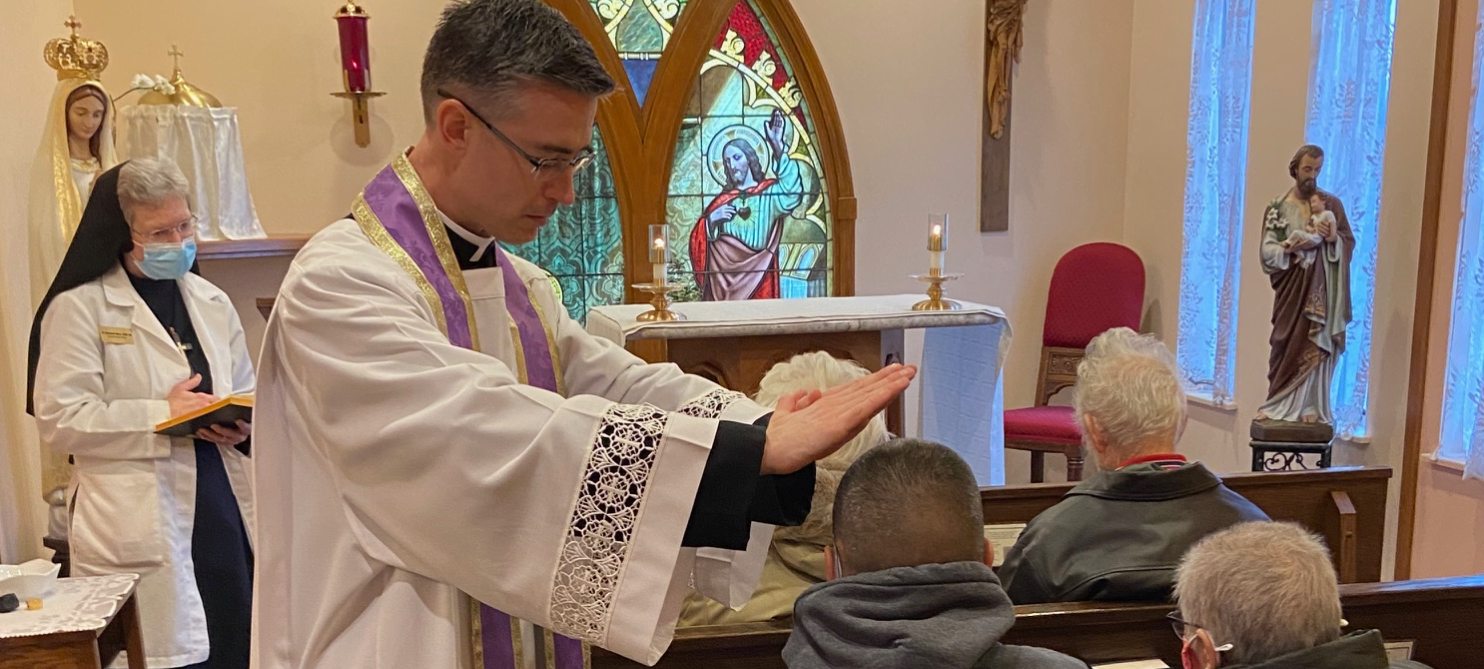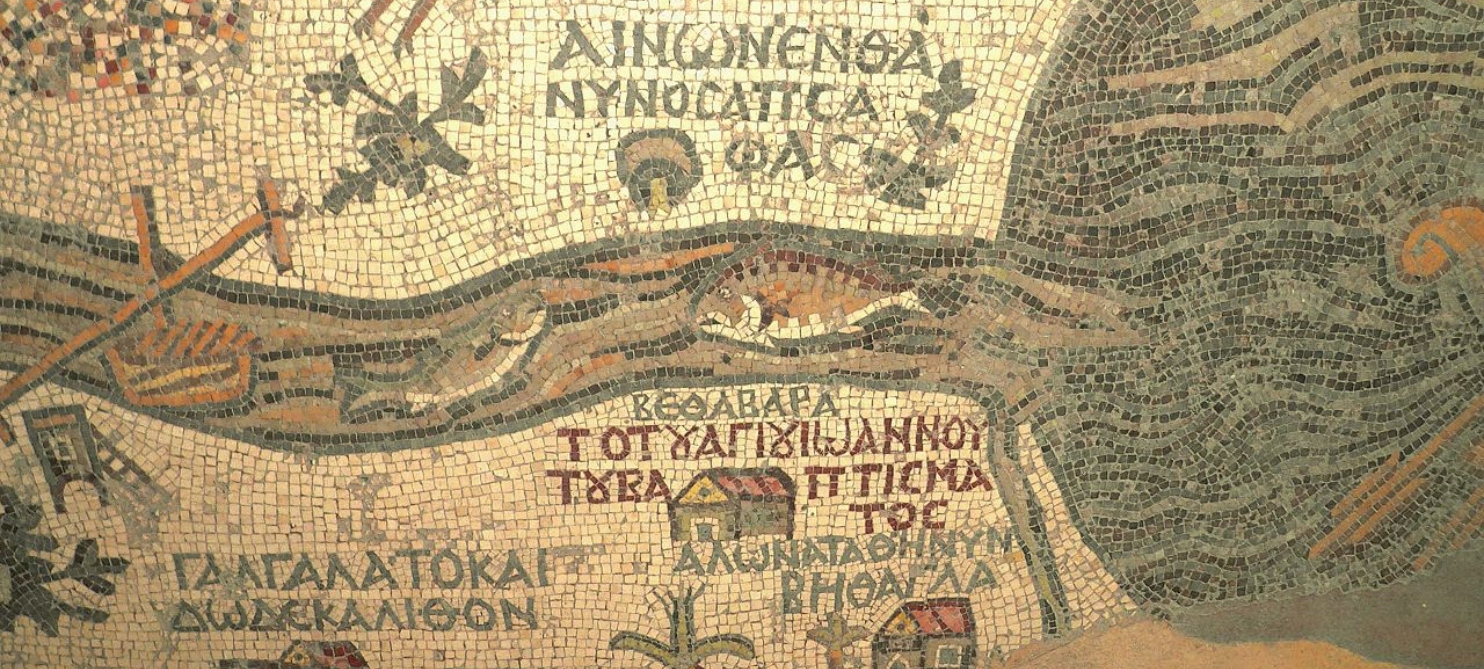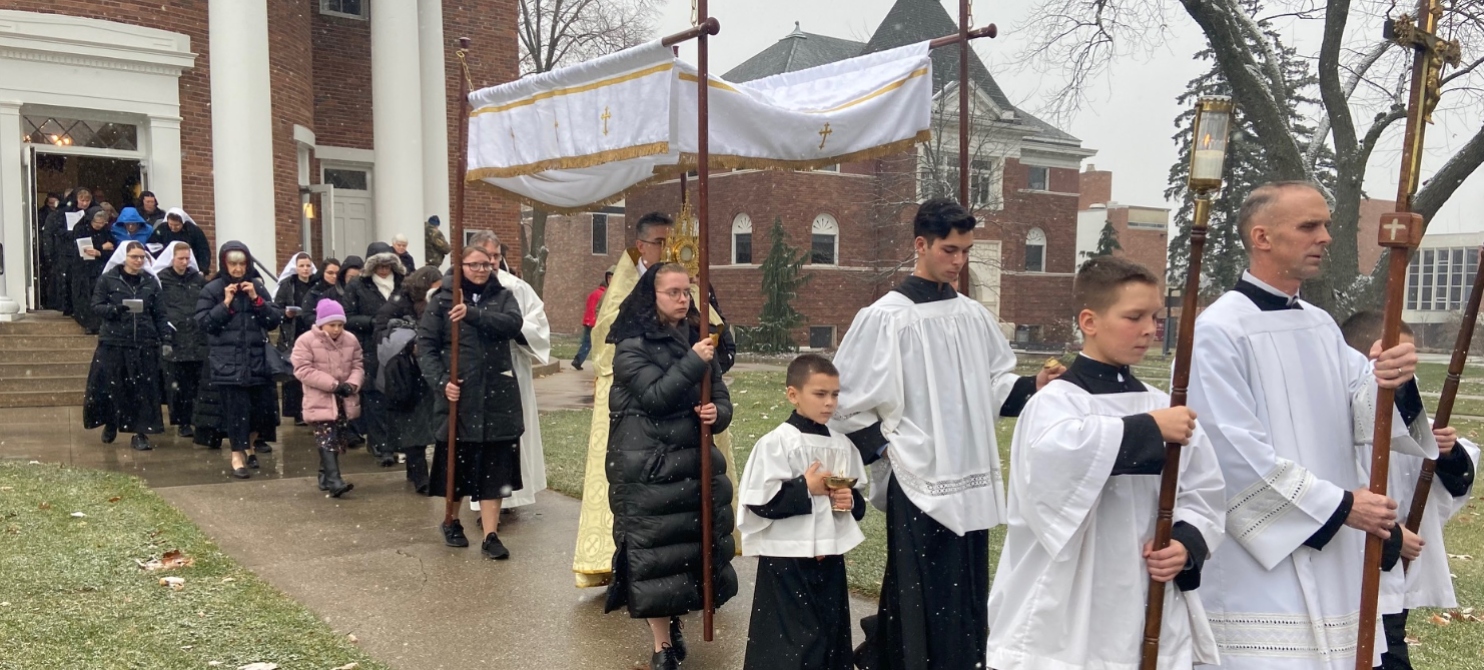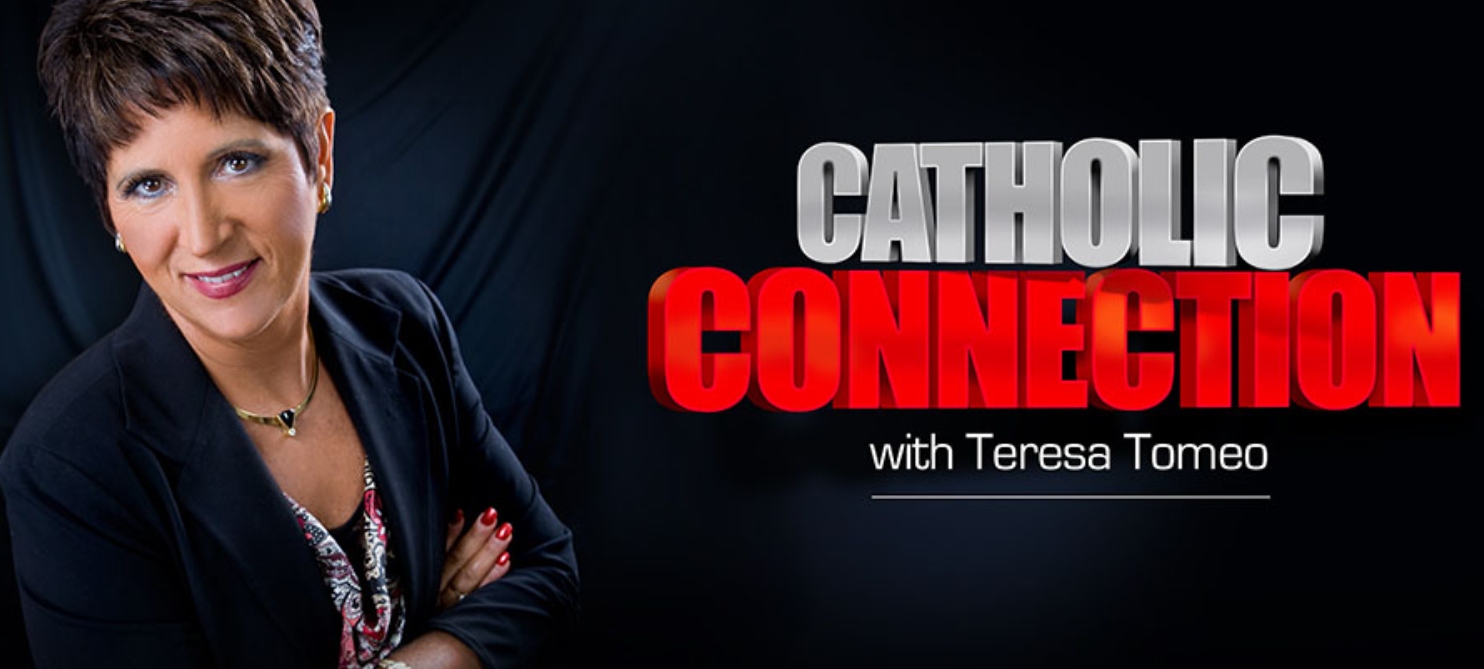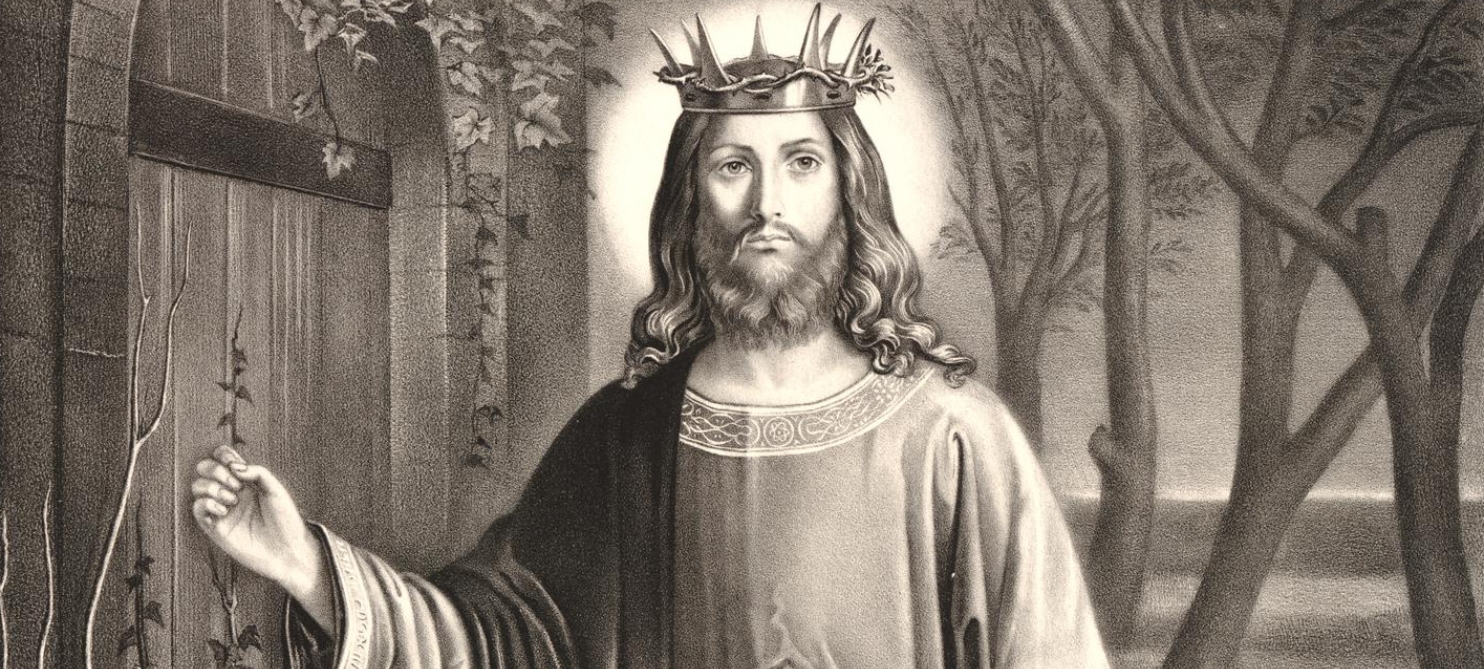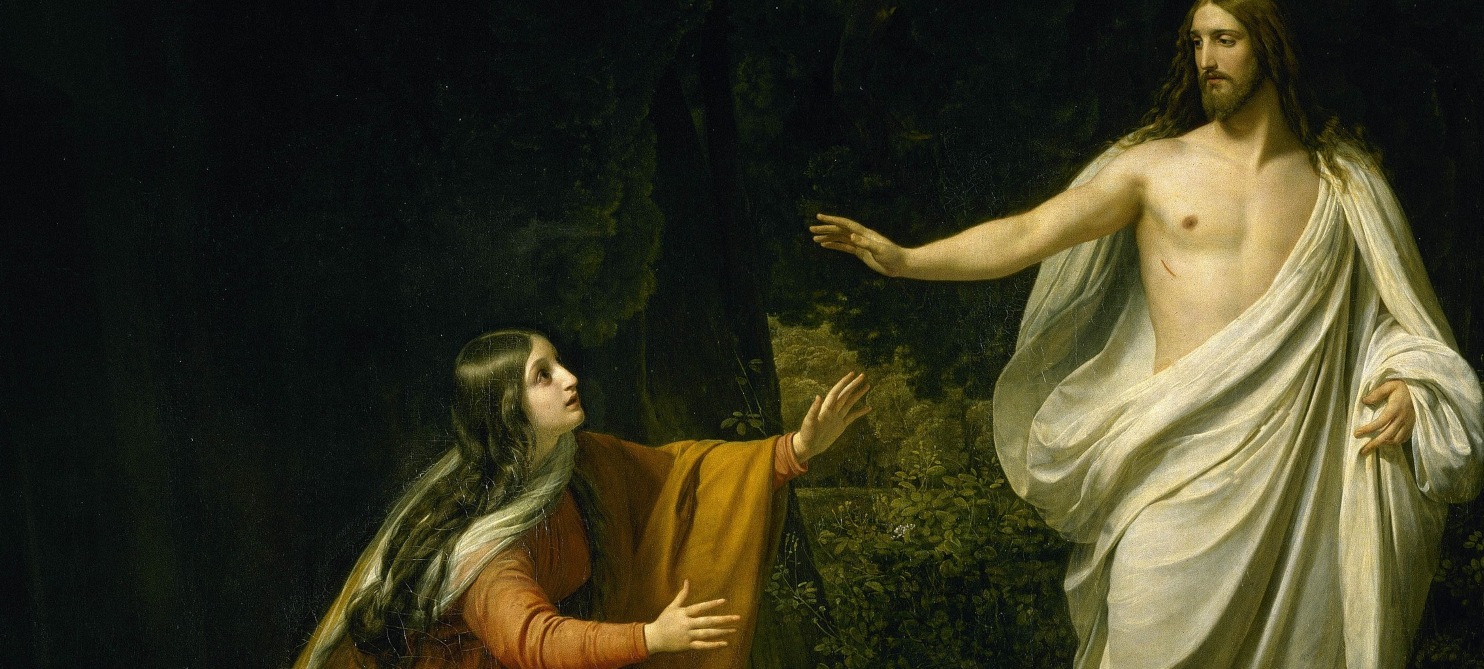In this Easter Season, we encounter the power of faith. Faith is the power that conquers the world. He who believes that Jesus Christ is the Son of God, that He died and is risen from the dead, shall be saved and have eternal life.[i] This is the life of Christ in us, vivified by the Holy Spirit, the cause and substance of Eternal Life.[ii] Faith is an initiative of the Father. It is received into the soul when a person is baptized into Jesus Christ, along with the Indwelling of the Holy Trinity, habitual (sanctifying) grace, Hope and Charity, the Gifts of the Holy Spirit and the seal of belonging to God. The effect of faith, hope, and charity is seen in the lives of the saints, including Venerable Mother Catherine McAuley.
“Discover to me, dear Jesus, the nothingness of this world, the greatness of Heaven, the shortness of time and the length of eternity,” are the words of A Universal Prayer for All Things Necessary to Salvation (Pope Clement XI), that Venerable Mother Catherine McAuley often prayed. [iii] Mother Catherine, from a very tender age, nourished her faith with this prayer and other acts of devotion. She had a special love for the Jesus Psalter, which was a favorite source of mediation throughout her life.[iv] [v]
Persecuted for her Catholic faith from a young age, Mother Catherine suffered prejudice both while living with non-Catholic relatives and in the Irish society with its protracted penal laws. Through the initiative of God the Father, Catherine had been baptized as an infant, and she was initially educated in her faith by her father. In Baptism she received the gift of faith and, through her father, Catherine developed lively sense of devotion and a sense of duty to care for the poor. After the death of her father, when living with relatives in a home where the Catholic faith was forbidden to be practiced, Catherine was compelled to examine the arguments against her beliefs. She did so and deepened the gift of faith already in her. She used her reason, enlightened by faith, to know and understand the tenants of Catholic teaching even more. [vi] [vii]
Mother Catherine McAuley lived a life of faith, hope, and love, and it was faith in God that helped her to overcome the many obstacles that she faced throughout her life. It was a support to her even unto the founding of her “House of Mercy” and eventually the Institute of the Religious Sisters of Mercy. Zealous for the salvation of souls and to provide practical assistance, the community grew as more women associated with the work of the “House of Mercy.” As controversy around the young community grew, Providence guided her to form this new Religious community of active sisters dedicated to the work of God through the Works of Mercy. As we read from the Positio Super Virtutibus:
At the same time, the title Sisters of Mercy which was fast gaining currency disturbed him. ‘The idea of a convent starting up of itself in this manner never entered my mind,’ he said. And in a sterner tone, ‘Really, Miss McAuley, I did not think that the founding of a Religious Order was part of your plan. ‘ Catherine was horrified. The ground-plan of her house had been laid out meticulously under the guidance of Fathers Blake and Armstrong and was built with the approbation of Archbishop Murray. Now, the import of His Grace’s words was that she had unwittingly founded a convent; a highly irregular one!
God’s hour had struck. Archbishop Murray’s ultimatum was that she must either become a Religious or discontinue her work in the form it had assumed. The choice presented to Catherine was an agonising one. Her faith was severely tested in this moment of decision; but, ever obedient to the Church, she uttered her fiat in loving submission. She allowed herself to be led on, taking no thought for the morrow, relying instead on God’s fatherly guidance. Humbly and obediently she recycled her ideas; she unlearned all her pre-conceived notions in order to re-learn them in the light of Christ. Her companions, now numbering fourteen and full of idealism and potential, unanimously supported her in her decision to establish her community on a canonical basis within the larger community of the Church.
She was still convinced, however, that she was called by God to serve Him through an active apostolate — in the homes of the poor, in the hospitals and along the byways of the lowly. But there was a problem: in 1830 Catholic opinion had not yet progressed to the point where ‘the Nun in the World’ might be as free in her minis try as Catherine McAuley would wish her to be. Archbishop Murray now concurred with her views and gave his guarantee that as Religious she and her associates could pursue an external apostolate and that her Institute would have a status independent of other foundations. [viii]
Mother Catherine received many special graces, including the charism – a particular gift of Mercy – given through her to the Church and the world. However, her vocation was given in her baptism. Already begun in her baptism, she received the gifts that united her to the Holy Trinity and provided for faith, hope, and love, and indeed all the seeds of eternal life.
Let us remember that this is true for each of us, every person baptized into Christ and living the life of faith, hope, and charity.
[i] 1 John 5:1-5
[ii] Saint Thomas, Aquinas. “Commentary on the Letter of Saint Paul to the Hebrews 11:1 | Lecture 1.” Essay. In Commentary on the Letter of Saint Paul to the Hebrews 41, edited by J. Mortensen and Alarcón Enrique, translated by Fabian R. Larcher, 41:237–42. Lander, WY: Aquinas Institute for the Study of Sacred Doctrine, 2012.
[iii] Pope, Clement XI. “A Universal Prayer for All Things Necessary to Salvation.” Catholic Online. Accessed April 25, 2021. https://www.catholic.org/prayers/prayer.php?p=514.
[iv] Canonizationis Servae Dei Catharinae McAuley Fundatricis Congregationis Sororum a Misericordia († 1841): Positio Super Virtutibus 1, 1:15–16. Roma: Tipografia Guerra s.r.l., 1986.
[v] Catholic Online. “The Psalter of Jesus – Prayers.” Catholic Online. Accessed April 25, 2021. https://www.catholic.org/prayers/prayer.php?p=1164.
[vi] Austin Carroll. “Dr. James McAuley.” Essay. In Life of Catherine McAuley: Foundress and First Superior of the Institute of Religious Sisters of Mercy, 81–87. New York: D. & J. Sadlier, 1880.
Available as a free e-book at https://play.google.com/books/reader?id=Mh5HAQAAMAAJ&hl=en&pg=GBS.PA6
[vii] Canonizationis Servae Dei Catharinae McAuley Fundatricis Congregationis Sororum a Misericordia († 1841): Positio Super Virtutibus 1, 1:19–20. Roma: Tipografia Guerra s.r.l., 1986.
[viii] Ibid., 91-92.
Posted May 7, 2021



